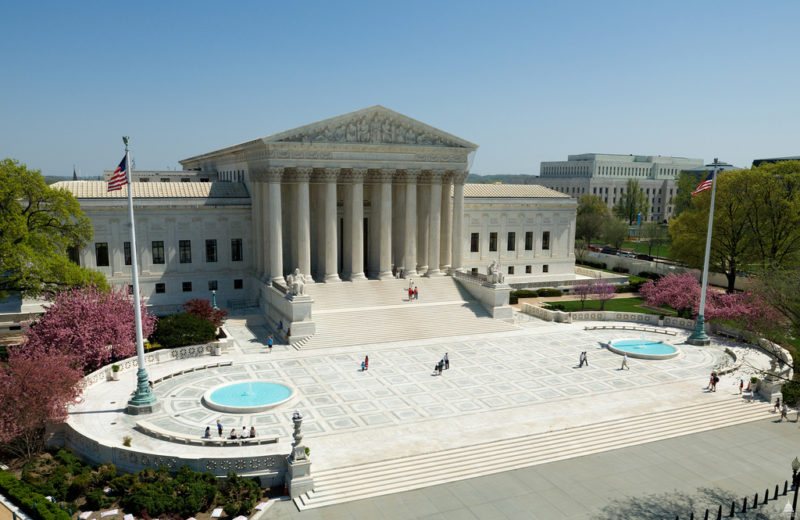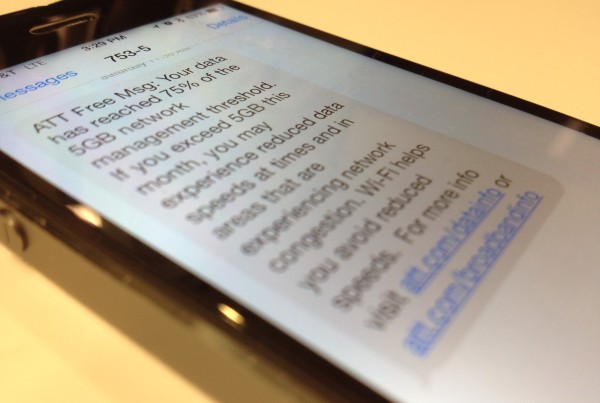All eyes are on the Supreme Court this week. So far, there have been no rulings on gay marriage, the Affordable Care Act or the death penalty, but now we do know who can control the message on your license plate. Thursday morning, the court ruled 5 to 4 that Texas did not violate the First Amendment’s free speech guarantee when it refused to issue a license plate with the Confederate flag. In his court opinion, Justice Stephen Breyer wrote that messages on state-issued plates are government speech, not private speech.
The decision involves an old symbol of the American South, or an old symbol of institutionalized racism, depending on your perspective. The Sons of Confederate Veterans (SCV) is a self-described heritage group made up of descendants of Confederate soldiers. The group applied for a specialty license plate which would bear the group’s logo: a stylized Confederate battle flag. But the state board that reviews these submissions said no. The SCV claimed their free speech rights were being violated — and by extension, the rights of anyone denied a specialty plate. The Court rejected that argument, which has implications way beyond supporters and opponents of the battle flag.
Texas Standard’s David Brown talks with Charles “Rocky” Rhodes, Professor of Law at South Texas College of Law.
According to Brown, the issue before the Supreme Court boils down to government speech vs. private speech:
“When the government gives out a message it doesn’t have to allow a contrary message. And so government as an easy example can create a center for democracy, but doesn’t have to create…a center for Communism…or for dictatorships,” Brown says. “Was the government speaking on those license plates, or is this the speech of the private individuals owning the vehicle?”
Brown on Justice Samuel Alito’s dissent:
“Justice Alito in his dissent attached an appendix of all the different license plates you can get in Texas…if this is government speech with respect to every one of these ideas, how is the government really giving out messages? This is not really what we think of as a specific message from the government,” Brown says. “Justice Alito — and I think accurately; I have to agree with the dissent to the legal implications of this — he said this is essentially a mobile billboard. Government is renting space on your license plate.”
On Justice Clarence Thomas’ surprise swing vote decision:
“Justice Thomas is very speech protective except when it comes to racist speech symbols. He’s argued burning a cross can under no means be speech-protected by the First Amendment, even if it’s not done in a threatening manner. And I really think to explain his vote here, you have to go back to his view that racist symbols are not speech,” Brown says.
What does this case settle, regarding future freedoms of speech?
“When the states are engaged in these specialty license plates, they can make choices — even viewpoint choices — about what they’re going to display. But what it doesn’t do is settle how far is this going to go into other areas. If a state can do this…can they create billboards that sometimes give government messages and then rent out certain private messages…and then be choosy about which private messages can be displayed,” Brown says. “There are a lot of issues with respect to the scope of government speech doctrine.”















